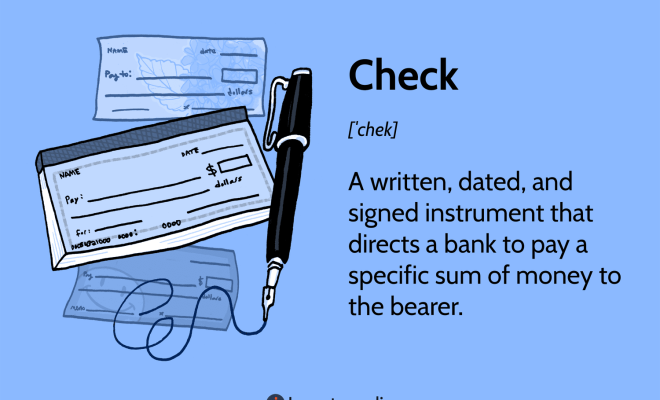14 Ways to Improve Your Ability to Learn Quickly

In today’s fast-paced world, learning quickly is crucial for personal and professional growth. The ability to adapt swiftly to new situations and acquire information rapidly can increase your productivity and develop your skills further. Here are 14 ways to improve your ability to learn quickly:
1. Establish clear goals: Set specific, measurable, achievable, relevant, and time-bound (SMART) goals for the learning process to keep you focused on what you want to achieve.
2. Break tasks into smaller parts: Divide complex tasks into digestible pieces. This helps make the learning process more manageable and enables better comprehension.
3. Practice often: Regular practice is essential for quick learning. Allocate dedicated time each day or week for practice, and stick to it consistently.
4. Seek feedback: Constructive feedback from peers, mentors, or instructors can provide valuable insights into your progress and areas that require improvement.
5. Engage multiple senses: Combine different types of learning like visual (images, diagrams), auditory (lectures), and kinesthetic (hands-on activities) to enhance comprehension and retention.
6. Take breaks – Maintain focus by taking regular breaks during study sessions or practice periods. The Pomodoro Technique is a popular method that involves working for 25 minutes followed by a 5-minute break.
7. Teach others – When you teach someone else what you’ve learned, you reinforce your understanding and consolidate the information in your memory.
8. Stay curious – Develop a curious mindset that questions everything around you continually. This openness fuels creativity and drives deeper engagement with the material being learned.
9. Embrace failure – Treat failures and setbacks as learning experiences that offer valuable insights into what needs improvement.
10. Connect ideas – Make connections between new concepts and familiar ones in order to better understand the material at hand.
11. Use mnemonic devices – Utilize memory aids like acronyms or phrases that help you recall and retain complex information with ease.
12. Take notes – Jot down essential points, draw diagrams, or use mind maps during study sessions to reinforce your learning and make it easier for you to review the material later.
13. Foster a growth mindset – Embrace challenges, persist in the face of obstacles, and view effort as a path to mastery. A growth mindset fuels the desire to learn and improve constantly.
14. Stay open to change – Cultivate flexibility and adaptability by being receptive to feedback and being willing to change your learning strategies when required.
In conclusion, developing an ability to learn quickly requires focus, persistence, curiosity, creativity, and a positive attitude. By incorporating these 14 strategies into your learning process, you can enhance your ability to acquire new skills and knowledge efficiently.


